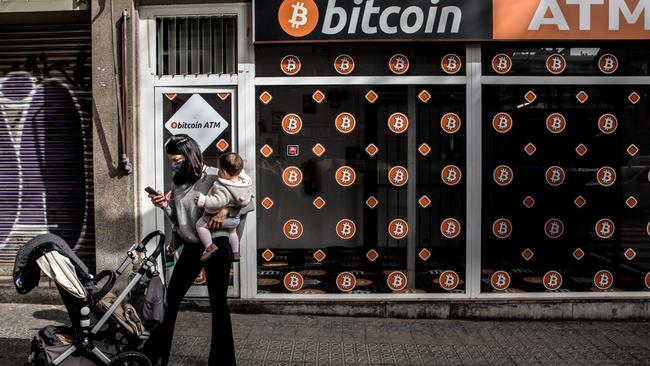Beware: crypto-nite could threaten your super powers

Australia’s largest crypto exchange platform, BTC markets, has witnessed a fivefold increase in SMSF client onboarding in 2020 and SMSF professionals are fielding more crypto enquiries than ever before.
Major companies such as Microsoft and PayPal have also started to accept bitcoin as payment, which gives cryptocurrency a new level of legitimacy.
And while some SMSFs perceive crypto as an attractive yet risky investment, the problem lies in not understanding how it works.
Cryptocurrencies are decentralised digital currencies that use encryption to generate coins and tokens and verify the transfer of funds. According to the RBA, it effectively relies on the “users’ complete trust in the software protocol that controls the system”. The question is: are SMSFs sitting on an investment time bomb that is volatile, high risk and overheated, with no underlying assets or government regulation to support the price?
The ATO has released a taxation determination on cryptocurrency that confirms it is neither money nor a foreign currency but a CGT asset for the purposes of 108-5(1) of the ITAA 1997.
SMSFs need to be aware there are tax consequences that affect returns. Good record-keeping is a must because acquiring or disposing of cryptocurrency can give rise to a CGT event.
Online exchanges allow crypto to be bought, sold or exchanged for other digital or traditional currency. The most popular global exchanges are Binance, Coinbase Pro and Kraken. Within Australia, Swyftx, Coinspot, BTC Markets and Independence Reserve are the most prominent.
On the 504 crypto exchanges available, trading platforms connect buyers and sellers and take a fee from each transaction. Direct trading allows sellers to set their own exchange rates, and brokers enable anyone to buy crypto at a price fixed by the broker.
The majority are centralised exchanges, which are simply platforms where investors can buy and sell crypto using a third party to conduct the transaction, such as trading platforms and brokers.
The buyer and seller trust the exchange to hold their assets, securely store their crypto and complete the transaction before withdrawing it from the exchange to their personal wallet.
There are also 39 decentralised exchanges called DEXs which are direct trading platforms allowing investors to buy and sell crypto anonymously.
While crypto is permitted under the SIS legislation, it can generate many compliance issues and risks.
In common with many other alternative investments, for an SMSF to invest in crypto, it must first be allowed under the fund’s trust deed, align with the fund’s investment strategy, and comply with the SIS requirements.
To ignore this starting point could see SMSF professionals facing potential legal action where an SMSF suffers loss or damage from investing in crypto unauthorised by the investment strategy, as seen in the two auditor cases.
Other compliance difficulties arise where the SMSF holds its exchange account and wallet in the name of the trustee personally in breach of r4.09A SIS. The reason is that fund assets must be held in the name of the SMSF trustee as trustee for the fund.
Remember, too, losing the passcode to access the wallet (or an untimely death) could mean losing the crypto forever. As a result, documenting and sharing wallet information is critical and should be considered crypto insurance.
All transactions must be on an arm’s-length basis, which means the trustee must receive all commissions and stakeholder rewards in the SMSFs bank account to comply with s109 SIS.
An SMSF cannot accept crypto via a contribution or a related party transfer as this breaches s66 SIS, the acquisition of assets from a member or related party.
Investments in sophisticated unregulated financial instruments developed by some exchanges could see an SMSF face compliance breaches.
The reason is the SMSF is giving a charge over fund assets to undertake hedging activities or make margin deposits with the exchange to eliminate counter-party risk in breach of r13.14 SIS.
Crypto loans also give rise to compliance breaches with lenders offering same-day fiat currency loans to an SMSF once they transfer the appropriate amount of crypto to their loan provider’s storage address.
Shelley Banton is head of education at ASF Audits.



With low interest rates locked in for the foreseeable future, many self-managed super funds are moving towards cryptocurrency as an alternative investment.